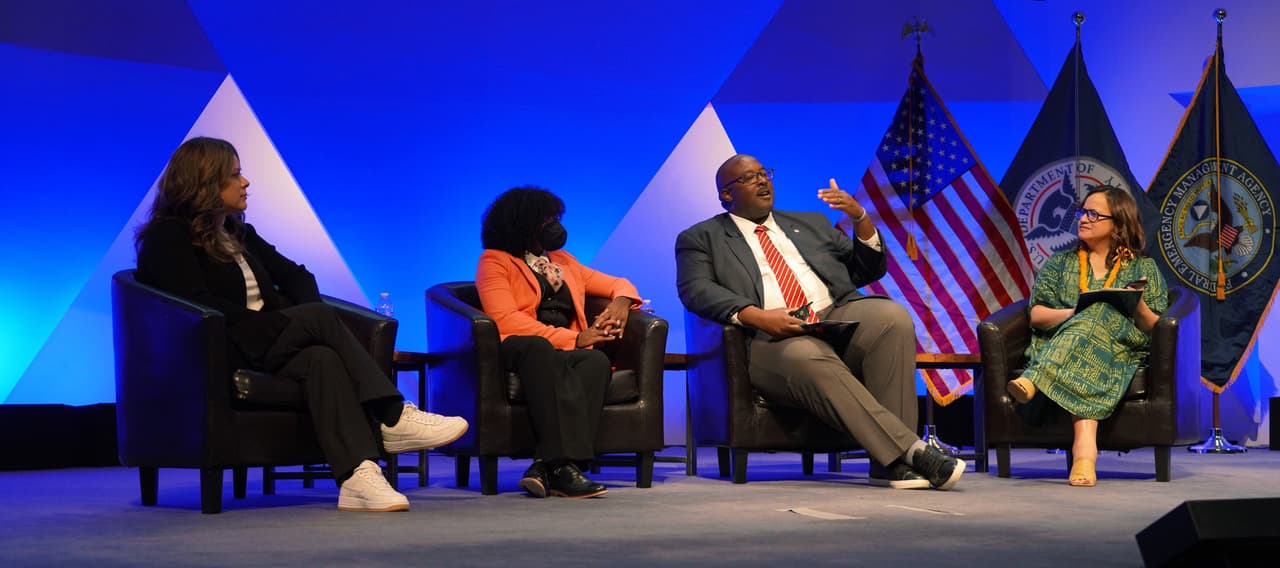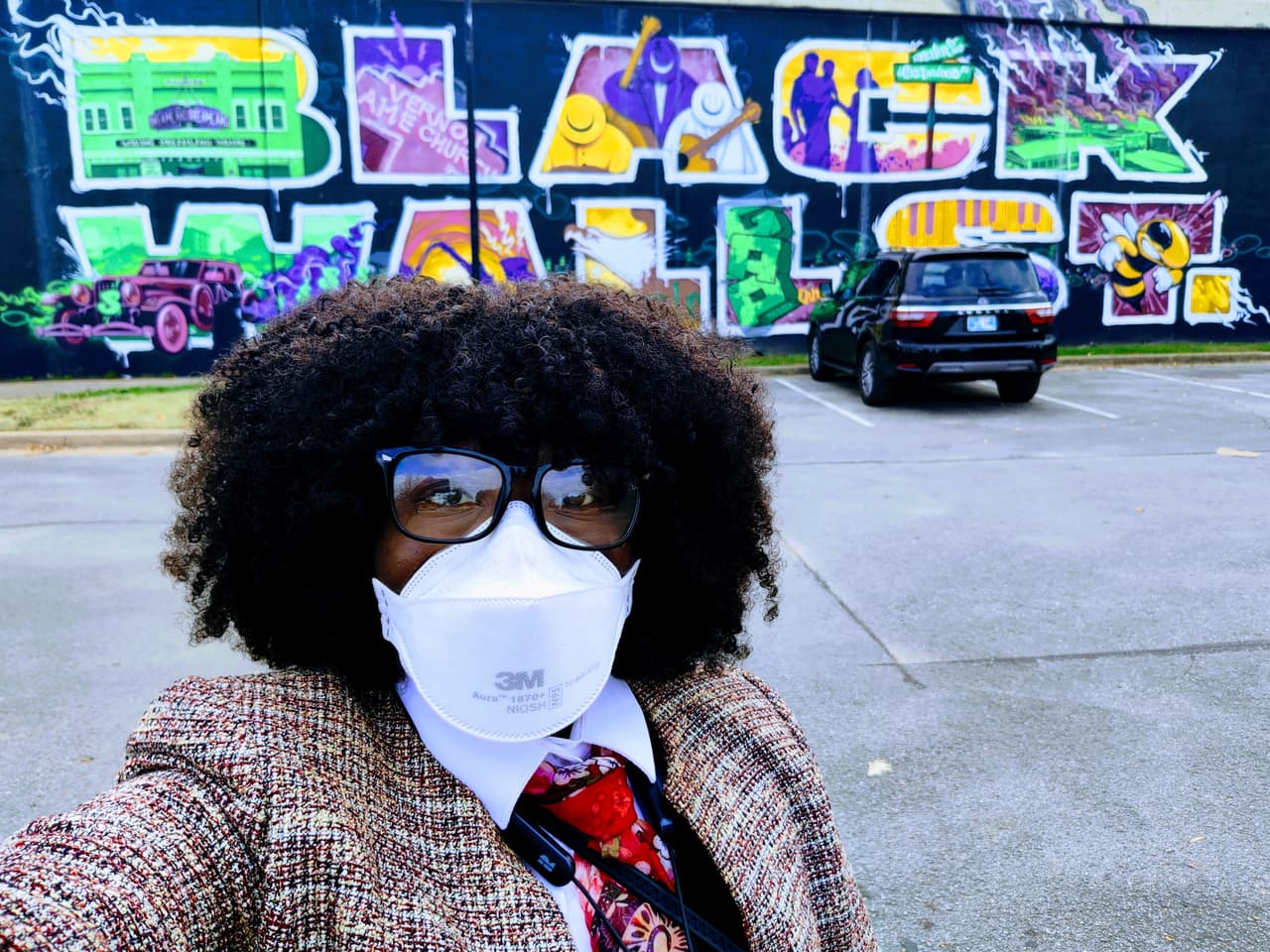Anti-Black racism is a complex system that is upheld not only by overt acts of discrimination but also through subtle, everyday behaviors, including those of Black people ourselves. While these actions often arise from survival strategies in a hostile society, recognizing and addressing them is essential for achieving true justice and liberation.
Internalized Racism
One of the most harmful ways anti-Black racism persists is through internalized beliefs. When Black individuals absorb negative stereotypes or believe in their own inferiority, it can lead to self-doubt, self-sabotage, and distancing from our own culture. This might show up as preferring Eurocentric beauty standards, questioning the abilities of other Black people, or feeling like an “exception” among our peers. These patterns don’t just harm individuals—they weaken the fabric of our communities.
Reinforcing Stereotypes
Sometimes, knowingly or not, Black people may repeat or act out harmful stereotypes. Whether it’s downplaying our intelligence, embracing negative portrayals in the media, or joking about ourselves in ways that echo racist tropes, these actions can validate the prejudices of others and justify discriminatory treatment. Breaking this cycle means challenging these narratives whenever we encounter them—including within ourselves.
The “Model Minority” Trap
Although the “model minority” myth is most often applied to other groups, some Black people may buy into similar ideas: believing that personal success is simply a matter of hard work, or that those who struggle are to blame for their own circumstances. This thinking ignores the deep impact of systemic racism and can pit us against each other, rather than uniting us in the fight for justice.
Complicity in Systems of Power
Seeking acceptance or advancement within existing power structures can sometimes mean going along with practices or policies that harm Black communities. Prioritizing individual success over collective well-being, or staying silent in the face of injustice, can help maintain the status quo. True progress requires the courage to challenge these systems, even when it’s uncomfortable or risky.
Rejecting the Myth of Powerlessness
It’s often said that Black people cannot be racist because we lack systemic power. While it’s true that anti-Black racism is rooted in systems built by and for White supremacy, this view can unintentionally strip Black people of agency and responsibility. We all have a role to play in either challenging or perpetuating injustice. Recognizing our power—however limited by circumstance—is a step toward collective liberation.
Moving Forward
The ways Black people can reinforce anti-Black racism are complex and often rooted in survival. But by critically examining our beliefs, challenging stereotypes, rejecting divisive myths, and supporting one another, we can break these patterns. This work requires honesty, ongoing education, and a commitment to collective action. By doing so, we strengthen our ability to be agents of change and move closer to a world where justice and equity are realities for all Black people.



